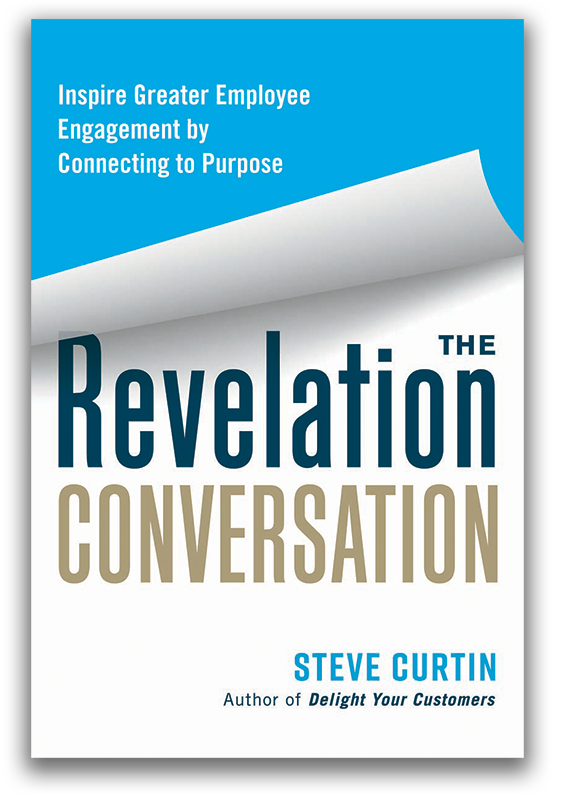 In this 3-part blog series, I will attempt to demystify popular misconceptions related to fostering a purpose-driven workforce. The first post in the series examined the fallacy that organizational purpose is equivalent to environmental sustainability, corporate social responsibility, and other noble causes. In the second installment, I will clarify the difference between employees’ life purpose and their purpose at work.
In this 3-part blog series, I will attempt to demystify popular misconceptions related to fostering a purpose-driven workforce. The first post in the series examined the fallacy that organizational purpose is equivalent to environmental sustainability, corporate social responsibility, and other noble causes. In the second installment, I will clarify the difference between employees’ life purpose and their purpose at work.
One of the more pervasive fallacies that I’ve seen repeated in articles offering counsel on developing a purpose-driven workforce is that leaders should develop strategies that align organizational mission, vision, or purpose with employees’ individual life purpose. This counsel conflates one’s purpose in life with business goals and professional aspirations. This is a poor use of leaders’ time. These two dimensions (life purpose and vocational purpose) are highly likely to have little to do with each other.
It’s leadership malpractice to suggest that one’s higher purpose in life must be aligned with their purpose at work to be engaged or realize their potential at work. The percentage of people whose purpose in life is aligned with their purpose at work is quite small. To suggest that employee attraction/selection, development, and retention efforts should prioritize the alignment of one’s purpose in life with the higher purpose of the organization is an exercise in futility.
I’ve read that 25 percent of people have crystalized their purpose in life.1 I think that’s high. My hunch is the number is less than 10 percent. I have been immersed in the subject for the better part of the past six years. During that time, I have written over 150,000 words on the topic and read five times that. Even so, I haven’t identified my purpose in life beyond raising kind children who are productive global citizens. What I have done is articulate my purpose at work, which is separate and distinct from my life’s purpose.
Our lives are comprised of two journeys: a vertical journey of self-discovery and a horizontal journey of self-development.
The vertical journey is existential. As such, it explores the meaning of oneself and one’s being. Why are we here? What is our unique purpose? This journey is private and inaccessible to others (unless we choose to share). It’s our spiritual journey of self-discovery and personal fulfillment. This journey is chronicled in a diary or journal.
The horizontal journey is intellectual. It reflects our learning and professional growth. This journey is public and accessible to others. Many of our coworkers are on similar journeys. It’s our vocational journey of self-development and professional fulfillment. This journey is recorded in a resume, LMS, or LinkedIn profile.
When employers suggest that, ideally, an employee’s life purpose aligns with the greater purpose of the organization, this is a stretch that borders on absurdity. While there are vocations that lend themselves to this type of alignment (e.g., clergy, medicine, cause organizations, etc.), for the great majority of employees there will be little if any relation between their purpose in life (assuming they’re one of the few who has articulated one) and their purpose at work (assuming their immediate supervisor is aware of this purpose and has shared it with his/her direct reports).
For instance, my purpose at work is to inspire greater employee engagement by connecting employees’ daily job responsibilities to an enduring organizational purpose. This is the focus of my work. It’s the terminal objective behind my speaking, writing, and consulting. And it has little to do with my purpose in life, which remains a work in progress.
How about you? Have you crystalized a life purpose? If so, have you written it down? What is your purpose at work, your single highest priority? And how does this purpose relate to your life purpose, if at all?
Thanks for reading. Check back in the coming days for Part 3 in the series where I will clarify the distinction between the organization’s mission, vision, or purpose and the higher purpose of one’s specific job role.
1 Dhruv Khullar, “Finding Purpose for a Good Life, but Also a Healthy One,” New York Times. January 1, 2018.

